Creating a Better World by Providing Access to Circular Technology Innovations
When it comes to the circular economy in South Africa, there's no shortage of remarkable ideas or talented individuals. At the Department of Science and Innovation (DSI), we collaborate with innovative minds and companies to make the circular economy viable and sustainable. We provide access to bio-manufacturing facilities and research solutions for zero-waste product development. Additionally, we foster innovation that converts plastic waste into energy.
Moreover, we assist mines in managing Acid Mine Drainage (AMD) by removing heavy metals from mine water, thereby preventing contamination of local food and water chains. Finally, we empower advancements that reduce emissions by converting captured carbon dioxide into fertilizer.
We are dedicated to creating a better world by empowering businesses.
Take your business to the next level by accessing local innovations that safeguard our planet and the communities that inhabit it.
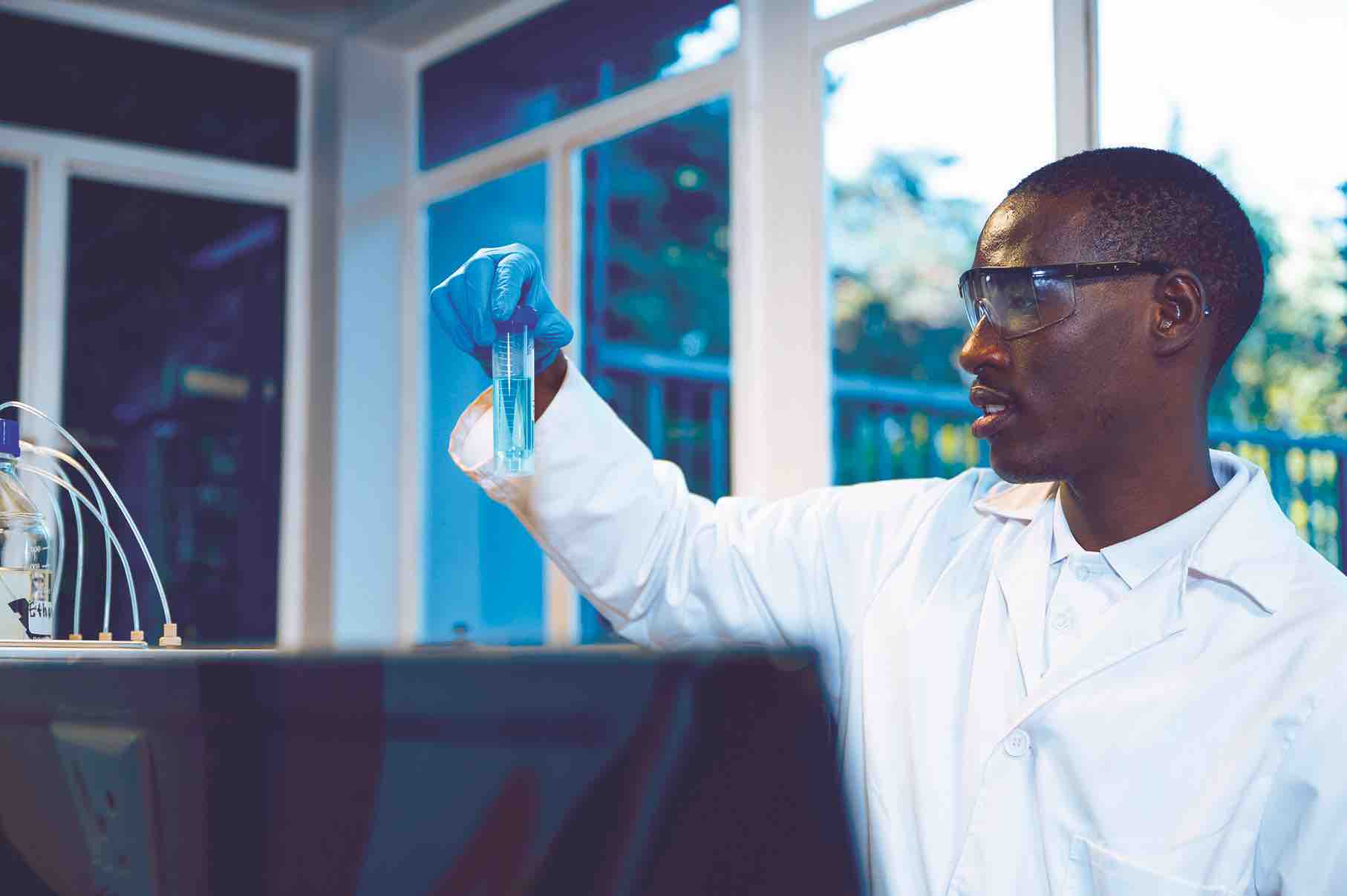
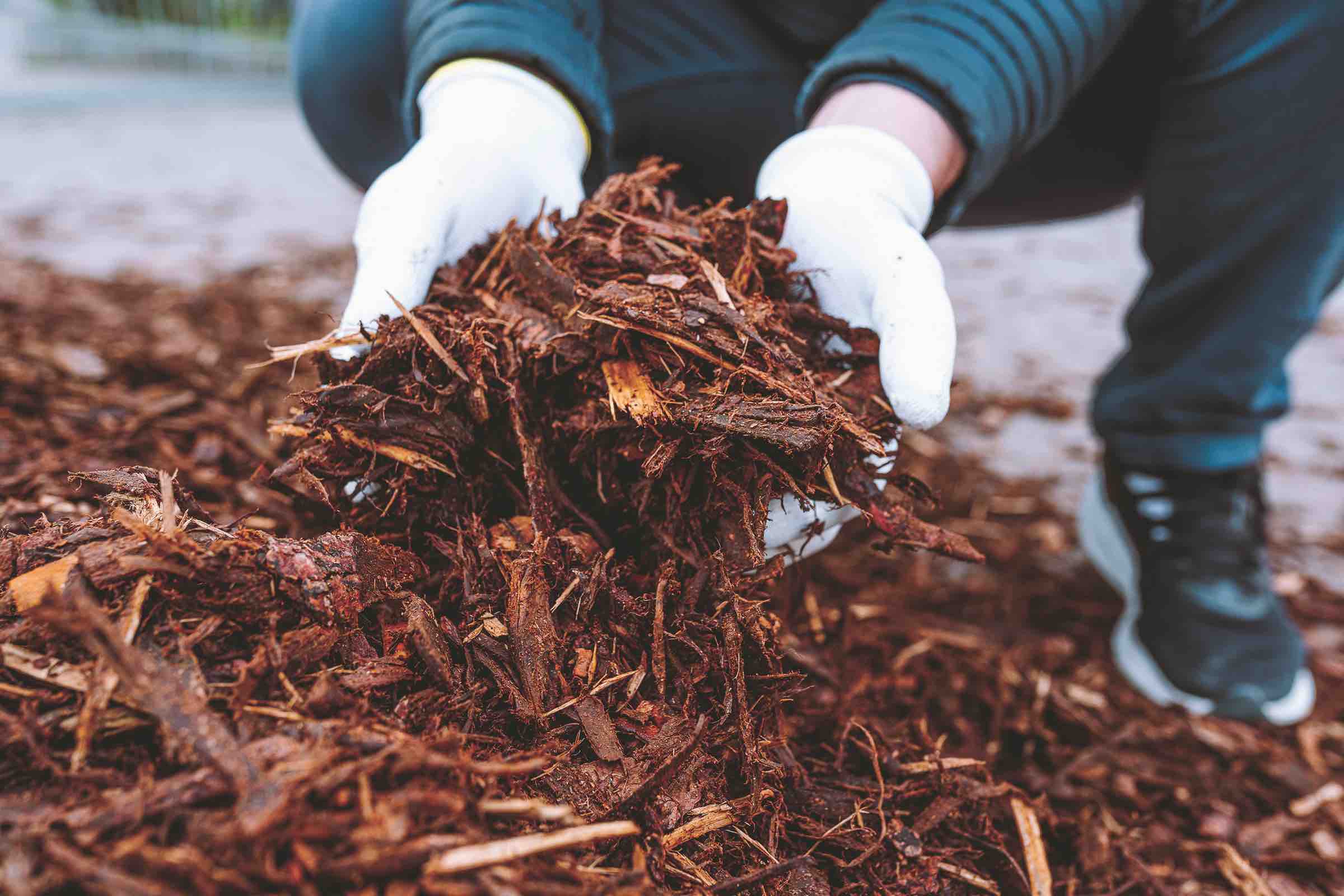
The Importance of a Circular Economy to Reduce Our Impact on the Environment
The circular economy involves sharing, leasing, reusing, repairing, refurbishing and recycling existing materials and products for as long as possible. In this way, the life cycle of products is extended and waste is reduced to a minimum.
The Benefits of a Circular Economy Include:
Reducing Our Impact on the Environment:
Reusing and recycling products slows down the depletion of natural resources, reduces greenhouse gas emissions, mitigates landscape and habitat disruption and helps to limit biodiversity loss. Innovations that enable efficient and sustainable recycling will assist in reducing plastic waste, energy usage and resource consumption.
Reduce Raw Material Dependence:
The world's population is growing, increasing the demand for limited raw materials. Recycling raw materials mitigates the risks associated with supply, such as price volatility, availability and import dependency.
Create Jobs and Innovative Products:
Transitioning to a circular economy could enhance competitiveness, foster innovation across sectors, bolster economic growth, and generate jobs. All while providing consumers with more durable, innovative products that improve quality of life.
The Department of Science and Innovation (DSI) is actively contributing to the growth of the circular economy within South Africa.
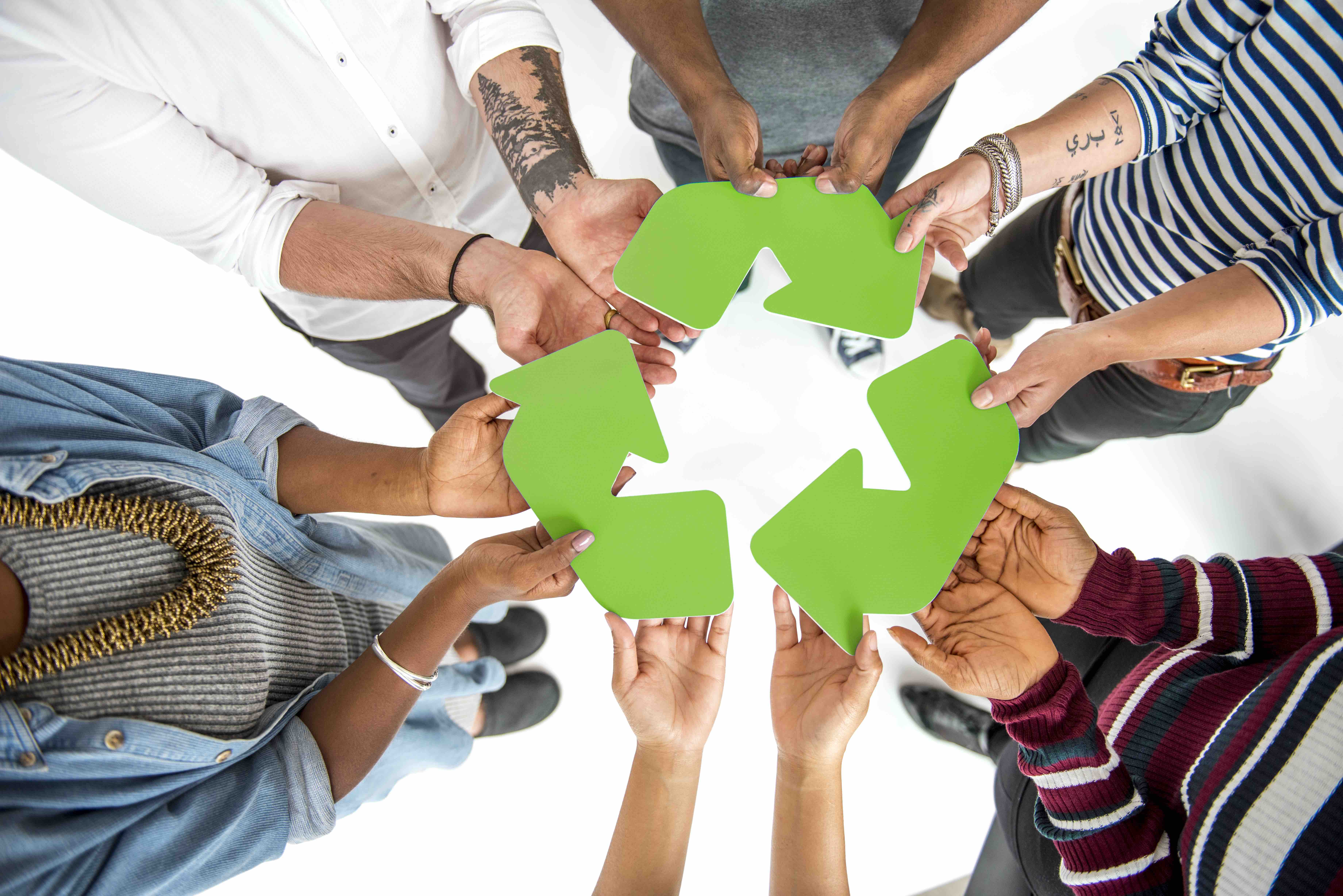
New Models with Emerging Issues
The circular economy holds a promising future. The complementary approaches outlined below, focusing on product life extension and collaboration, serve as effective means to accelerate sustainable development.
Building a Guiding Framework to Unlock Innovation
Establishing a network of responsible stakeholders sharing a common vision and goal is crucial for enabling a circular economy. It necessitates a guiding framework fostering commitment, trust and guarantees that facilitate the commercialisation of innovation with positive impacts on industry, customers, communities and the environment. This supports a collaborative approach between the public and private sectors.
Supporting New Virtuous Initiatives
Circular and collaborative initiatives often encounter challenges in reaching their goals, hindering their development, scalability and long-term sustainability. It is the responsibility of public and private entities to support these initiatives, particularly start-ups. They may require assistance in adapting their business models, securing funding, or attracting customers.
Achieving a Win-Win Situation
Implemented solutions must benefit everyone involved. This embodies a core principle of the circular economy where all stakeholders must experience environmental, social, and economic gains to ensure long-term success.
Many companies have already embarked on their ecological transition by implementing corporate social responsibility (CSR) strategies. By collectively committing themselves, they can further reduce their environmental impact without compromising their economic interests.
At the DSI, we collaborate with businesses and institutions operating in the circular economy, equipping them with the skills and resources needed to scale their offerings.
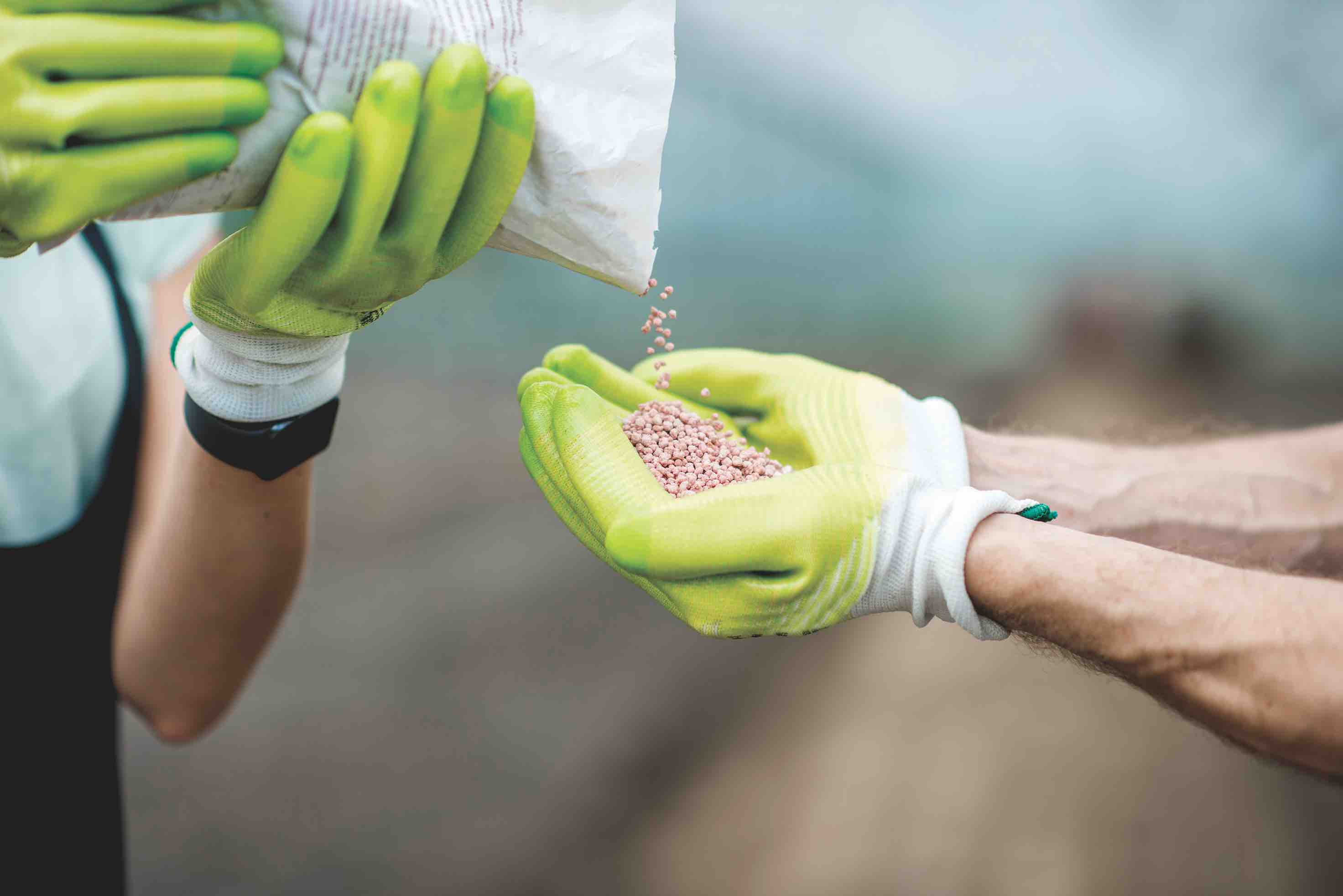
Innovations and Partnerships Supporting the Circular Economy
Collaboration and partnership are fundamental to driving significant advancements. At the Department of Science and Innovation (DSI), we collaborate with innovative and ambitious minds to provide solutions that help industries reduce their environmental impact. We offer leadership, an enabling environment and resources for science, technology and innovation through various programs and partnerships.
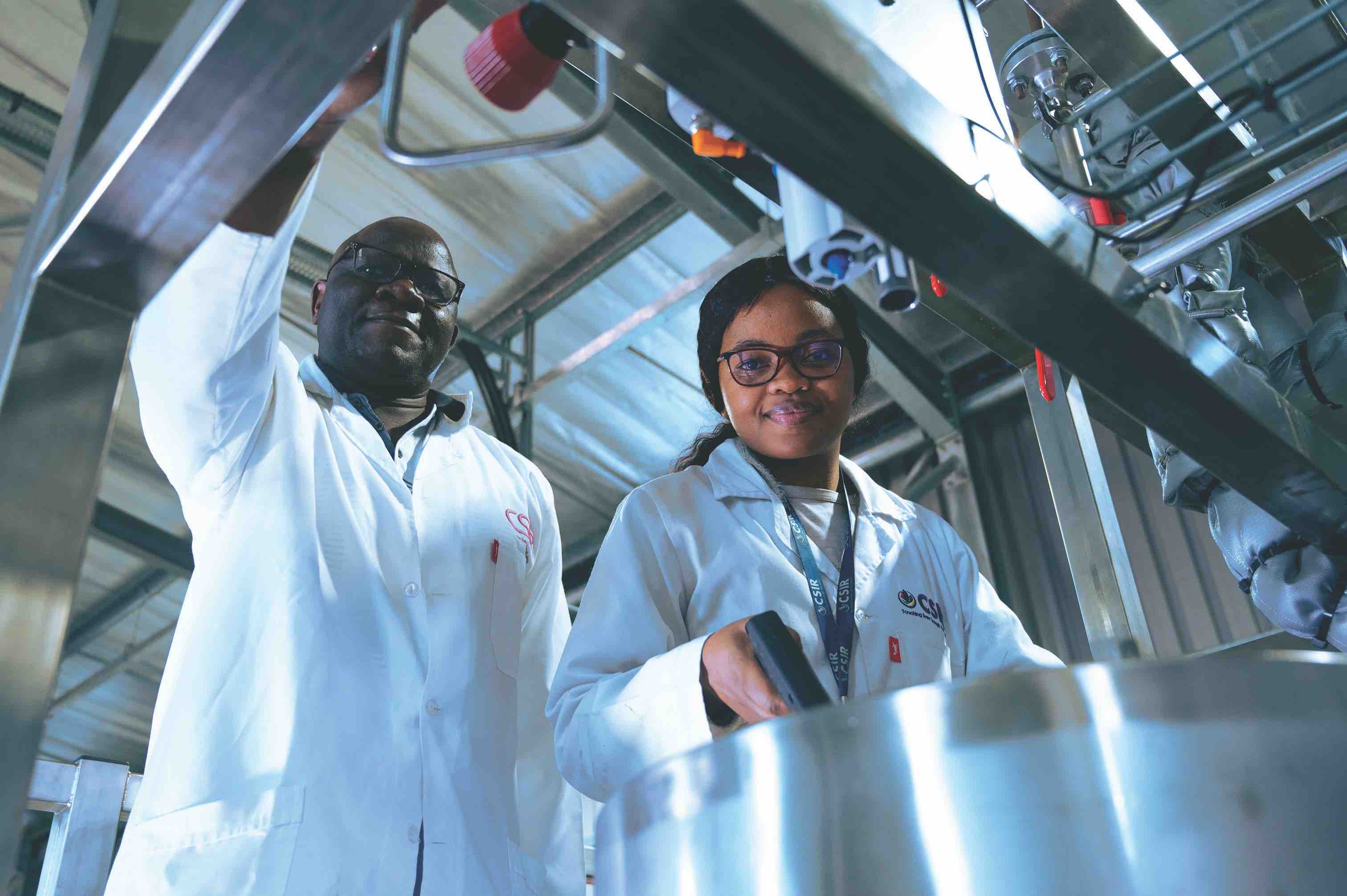
DSI collaborating partners include:
- CSIR / BIDF
- EPCM
- UNISA / P2Power
- UNISA / NanoMagh™
For more information about our partners and the pioneering projects they are involved in, visit innovation.bridge.info.
How to Access Local Innovation and Compete in the Circular Economy
The Department of Science and Innovation (DSI) has launched an initiative to promote local circular technology innovations, focusing on zero-waste manufacturing and conversion technology. These innovations transform plastic into power, harmful acid mine drainage (AMD) into reusable water for irrigation and CO2 emissions into fertilizer.

This initiative will make a positive contribution to transforming South Africa into a circular economy, reducing our impact on the environment and supporting our communities. To learn more, visit innovation.bridge.info, where you can meet the project leaders and engage in discussions.

